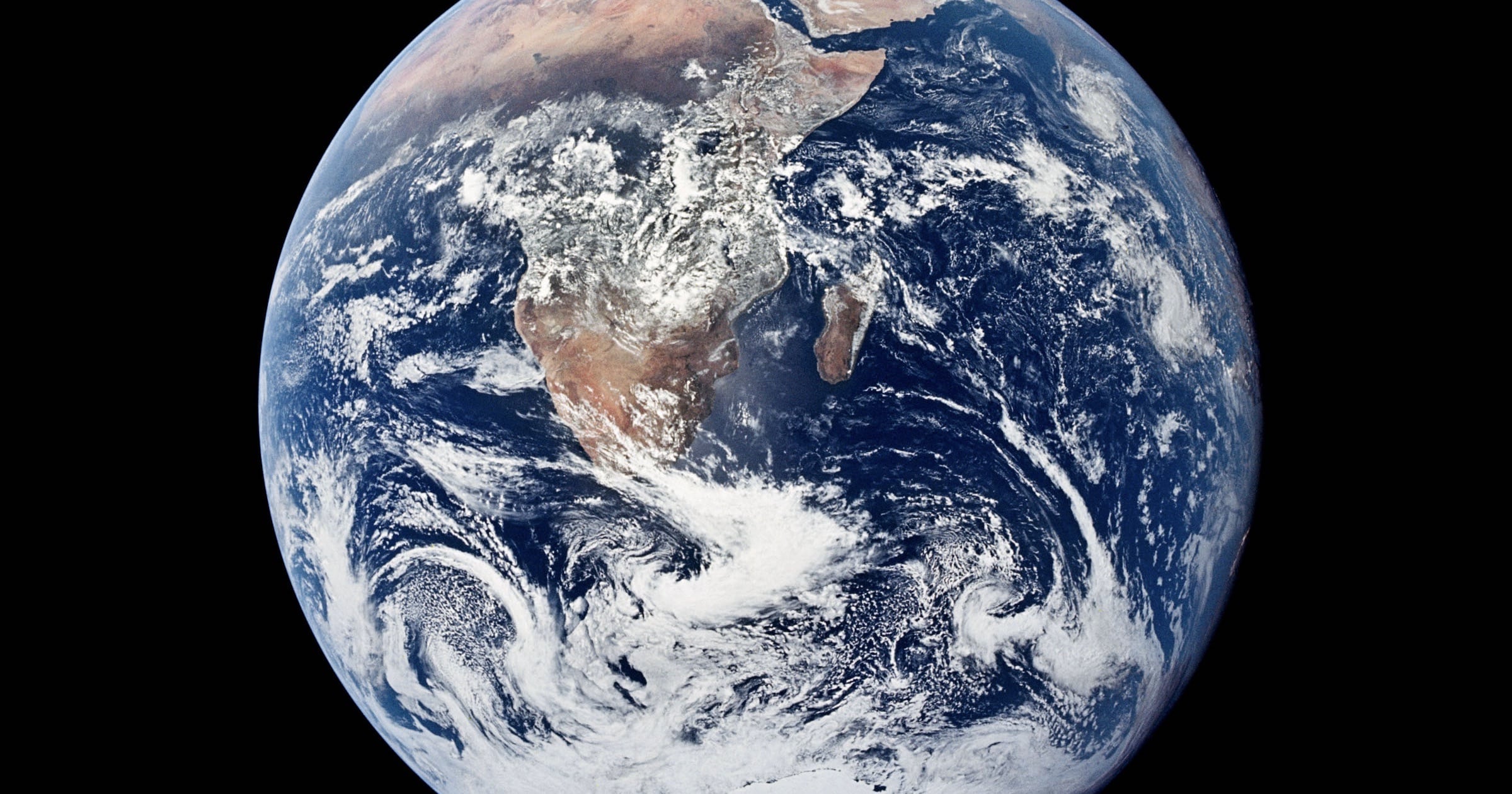 Faith & Science
Faith & Science
 Intelligent Design
Intelligent Design
“All Things Are Ordered to Their End”

In that one simple phrase, St. Thomas Aquinas, the greatest Christian theologian of all time, echoed the fundamental teaching of Aristotle, who preceded Aquinas by 1,600 years.
The statement is profound because, while simple, it is simultaneously all-encompassing. And it provides the foundational concept for what I have described here as the science of purpose
The truth and application of the statement is so pervasive, in fact, that all living things, not just humans and animals but also plants and microbes, rely on its validity in order to learn and thus to survive. Not for Darwin’s sake, but because they have a purpose, which is life itself.
And even more importantly in the context of discussing the science of purpose, this oh-so-simple yet universally valid metaphysical assertion forms the bedrock underpinning of science and rationality.
How So?
Science, rationality, and all learning depend on an orderly universe. That is, the moon must always revolve around the earth and generate tides, just as the earth must always rotate and revolve, to allow day to follow night and spring to follow winter. The constants of physics and chemistry upon which all life relies must never change. They are, by definition, “constant.”
There is quite literally nothing in science that violates this rule. So certain of this truth are scientists that they proclaim that nature follows inviolate laws. That is, there can never be a physical event that fails to behave in the ways those laws direct. Meaning, any and all events must proceed to the end to which they have been ordered. Period.
Even the probabilistic laws of thermodynamics, isotope decay, and quantum mechanics are subsumed by this dictum. Heisenberg never said that subatomic behavior is intrinsically uncertain. He just understood that you cannot bounce a photon off another elementary particle without changing it.
A Few Obvious Examples
Consider: What if it were the case that what I’ve said above were not true? Let’s say, what if chloroplasts just ceased making chlorophyll? Or the gravitational constant was not constant at all, and one day just doubled? Or ozone stopped blocking UV light from scorching the earth? Or predators lost their ability to interpret the scent of prey? Or the earth stopped rotating?
Quite simply, in all of the above instances, as in innumerable others you could think of, all life as we know it would cease. Period.
Sounds ridiculous? Most people, scientists or not, would say so. After all, the world can’t stop spinning, can it? Certainly not without violating Newton’s laws of conservation of momentum and/or law of inertia. So was Newton God, making rules that all the world must obey? Newton, humble as he was devout, of course maintained that the discovery of such laws, i.e., the inviolate behavior of matter as it proceeds in an ordered manner to its defined end, proved that Aquinas was correct in the statement I quoted earlier. But more importantly, he maintained that the very existence of these laws points to God. From where else can such order come?
Consider Further
Your heart beats continuously from eight months before your birth until you take your last breath. Your breath itself goes on night and day even as you sleep. The food and water you ingest provide energy and sustenance without any conscious effort on your part. The trillions of chemical reactions taking place in your body every microsecond of every day proceed flawlessly, ordered to achieving that ultimate end: life. That galactic orchestra, purpose-driven without conscious thought, surrounds and abounds.
This is the only way to make sense of life. And to do science. There is no escaping the rule, and no scientist can deny it.
Simply put, all science, all rationality, all common sense and sanity, without exception, must concede that all such behavior, especially science, depends on what actually precedes science. The rule is a metaphysical rule. But it is truer than any man-made rule or even any law of nature or scientific “discovery.”
Aristotle’s Greek word for this rule was telos, aka final causality. Aquinas codified the rule as the fundamental framework of rational, i.e., non-revelatory faith. He called in teleology.
Final causality in simplest terms means just that all things are ordered to their end. And they are ordered to their end by virtue of the orderliness embedded in the very structure of the universe. It is from that order that scientists come to understand nature and postulate physical laws.
Telos, then, is the law of laws, or the cause of all causes.
